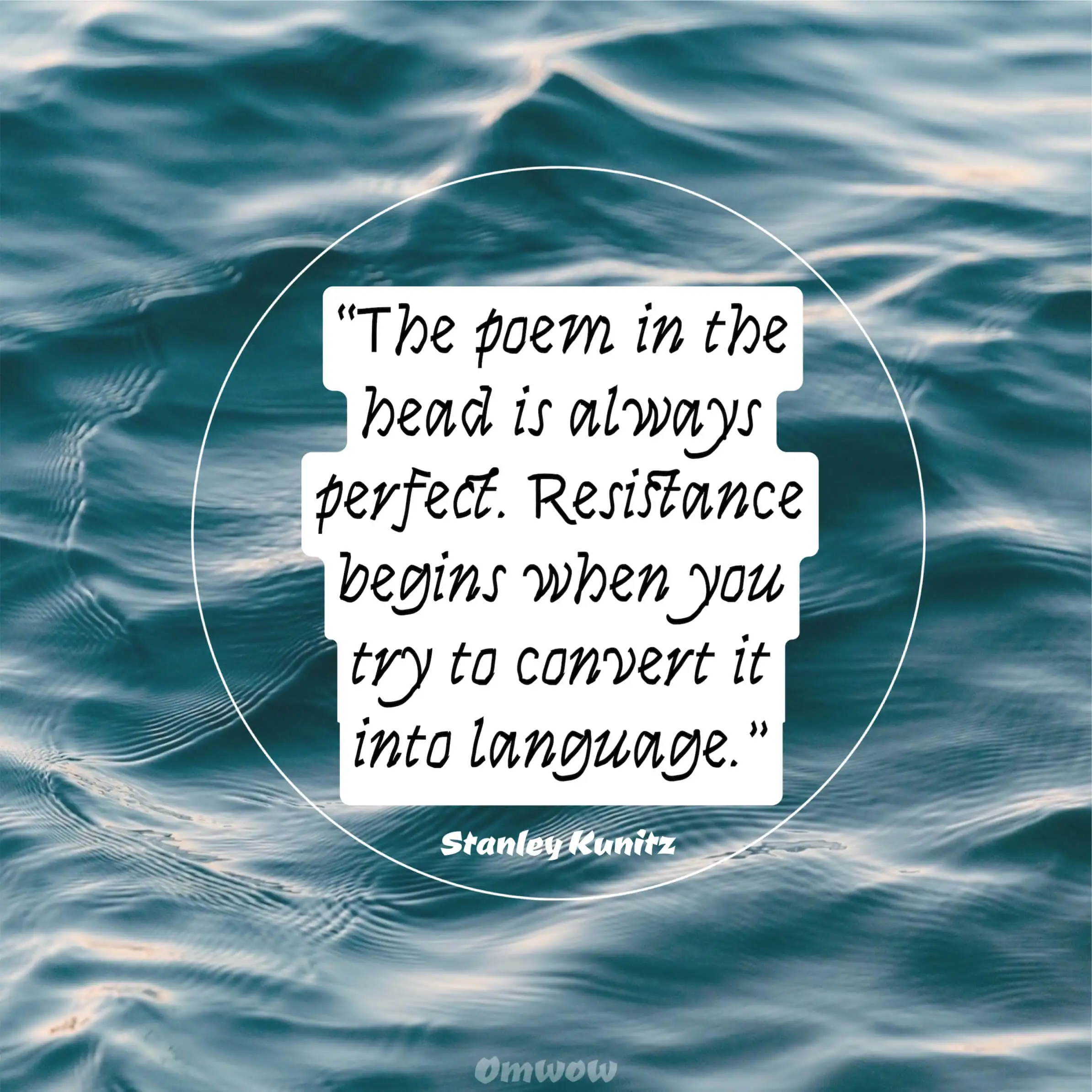Prolific practice is doing what you love to do—a lot. Doing it every day, and not letting things get in the way. Giving it your best every single day, even if your best looks more like your worst on many days. Let your work be your teacher. Learn from the bad and the good that you create.
When you see artists and other creative professionals, it’s easy to assume that they’re just gifted with a magic fountain of never-ending creativity. I’ve studied the creative habits and lives of many artists, from painters to writers to musicians and filmmakers, and one thing I can tell you is that they spend a lot of time sharpening their creative blade, activating their creativity and using their imagination constantly.

Prolific practice is just practicing a lot. It’s putting in your 10,000 hours, and then more. Putting in those 10,000 hours even if it’s not “deliberate practice”, because it’s too easy to say: “Oh, I can’t do deliberate practice right now because [insert reason of choice here] so I’m not going to do it at all.” There’s no room for excuses in prolific practice.
Of course, if you can, then by all means don’t just practice often, but practice well. But if for whatever reason you can’t, then just do the best you can. Care while you create. That’s how art is made.
Share your work (even if it sucks)
Prolific practice means that you create a lot of work, and also put the work out there into the world. You don’t just keep it to yourself. It’s fine if nobody notices. It’s ok if nobody cares. You share your work with the world, because your work deserves it. Give it air to breathe, expose it to the sunlight.
Ultimately, you create because of yourself, but you create for others. And if you don’t put your work out there, your work “feels” it.
Your creative work is alive.
Think of your work as a living being. Which do you think would be healthier: a living being that’s hidden away in a dark room only you know about, or a living being that’s free to roam around, free to meet others and interact with them?
What if my creative work really sucks?
Let’s stay with the idea of your creative work as a living being. What if your creative work is an ugly being? Maybe it even has an unpleasant body odor? And an annoying voice? And it’s just awkwardly misbehaving?
Share it with the world just as well. It’s fine. That’s how it will learn and evolve. It’s a process.
Just to give you an example: I’m absolutely in love with the idea of prolific practice. I love the sound of it too, and it excites me. I’ve now been building up my own prolific practice for a bit more than a month, writing and publishing something every single day, no matter how I felt about it. And I love it. There’s a pure enthusiasm, a joy in this. I can feel this is the right thing for me. I know it will lead me somewhere good, even though I can’t tell where to. It just feels right. Like I’m guided by a higher power, as if the universe is showing me a way, as if God is whispering: Here, this is your path. I won’t tell you where it leads, all I ask of you is to trust and walk it.
Writing this feels awkward. I’m afraid what you, the reader (if there’s ever someone who actually reads this) will think of me, how you will judge me for it.
And writing this also feels a bit disappointing, because quite frankly, the words I pour this idea in to are just not a good representation of how it feels within my heart.

That resistance in me is acting up. It tells me to not publish this. To keep this as a draft, revisit, and make it sound better, tone it down. “Why does anyone have to know how I feel about this?” my inner voice is telling me.
This entire piece that I’m writing about this idea that feels so precious and holy and sacred to me, it sucks. It really, really sucks. This idea deserves something better. A better piece of writing, it should be said in words that are more impactful. Not this written out rambling monologue.
But keeping this as a draft to come back and revisit someday wouldn’t be prolific practice. Prolific practice is all about creating it, and sharing it with the world, just when you feel it in your heart.
That’s how you learn to let your heart guide you, that’s how you learn to listen to your inner voice: by actually acting upon it when it speaks to you.
I can always come back and edit this, completely rework this. And I’m sure I will. But for right now, for this present moment, this is the best I can do. So I share this piece of work with the world, even if it sucks. And I encourage you to do the same.